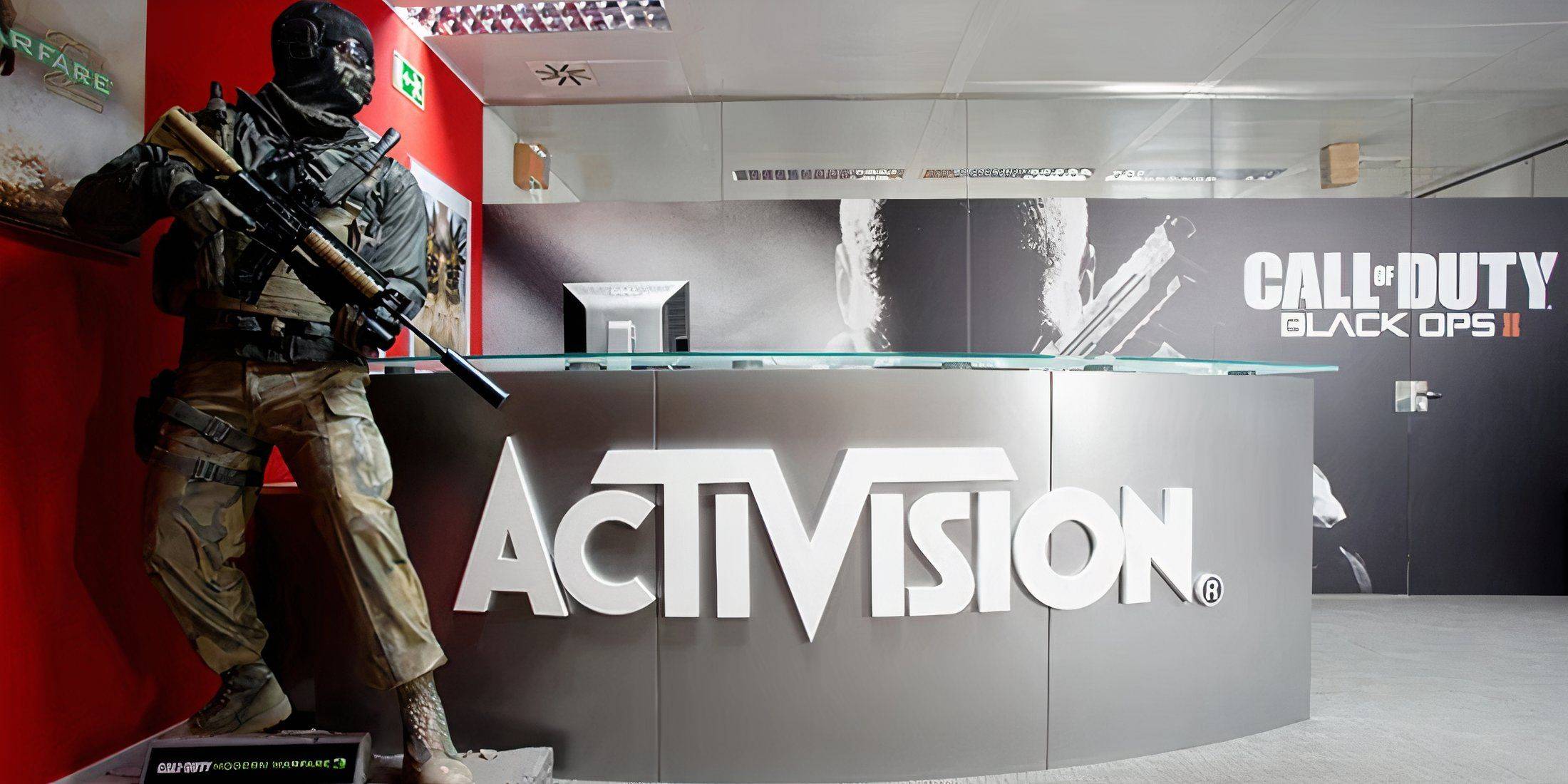
Activision Rebuts Uvalde Lawsuit Claims, Citing First Amendment Protections
Activision Blizzard has filed a robust defense against lawsuits connecting its Call of Duty franchise to the 2022 Uvalde school shooting tragedy. Filed in May 2024 by families of the victims, the lawsuits claim the shooter's exposure to Call of Duty's violent content contributed to the massacre.
The May 24, 2022, Robb Elementary School shooting claimed the lives of 19 children and two teachers, injuring 17 more. The 18-year-old shooter, a former Robb Elementary student, was a Call of Duty player, having downloaded Modern Warfare in November 2021. He used an AR-15 rifle, similar to one depicted in the game. The lawsuits also implicated Meta, alleging its Instagram platform facilitated the shooter's connection to firearm manufacturers, exposing him to AR-15 advertisements. The plaintiffs argue that both Activision and Meta fostered a harmful environment encouraging violent behavior in vulnerable adolescents.
Activision's December filing, a 150-page response to the California lawsuit, vehemently denies all allegations of causality. The company asserts no direct link exists between Call of Duty and the Robb Elementary tragedy, seeking dismissal under California's anti-SLAPP laws (Strategic Lawsuits Against Public Participation). Activision emphasizes Call of Duty's status as a protected form of expression under the First Amendment, arguing that claims based on its "hyper-realistic content" infringe upon this fundamental right.
The defense includes expert testimony. A 35-page declaration from Notre Dame professor Matthew Thomas Payne refutes the lawsuit's "training camp" characterization of the game, arguing that Call of Duty's military realism aligns with established conventions in war films and television. A further 38-page submission from Patrick Kelly, Call of Duty's head of creative, details the game's design process, including budgetary information for Call of Duty: Black Ops Cold War (a $700 million budget).
The Uvalde families have until late February to respond to Activision's comprehensive defense. The outcome remains uncertain, but the case highlights the ongoing debate surrounding the link between violent video games and mass shootings.







